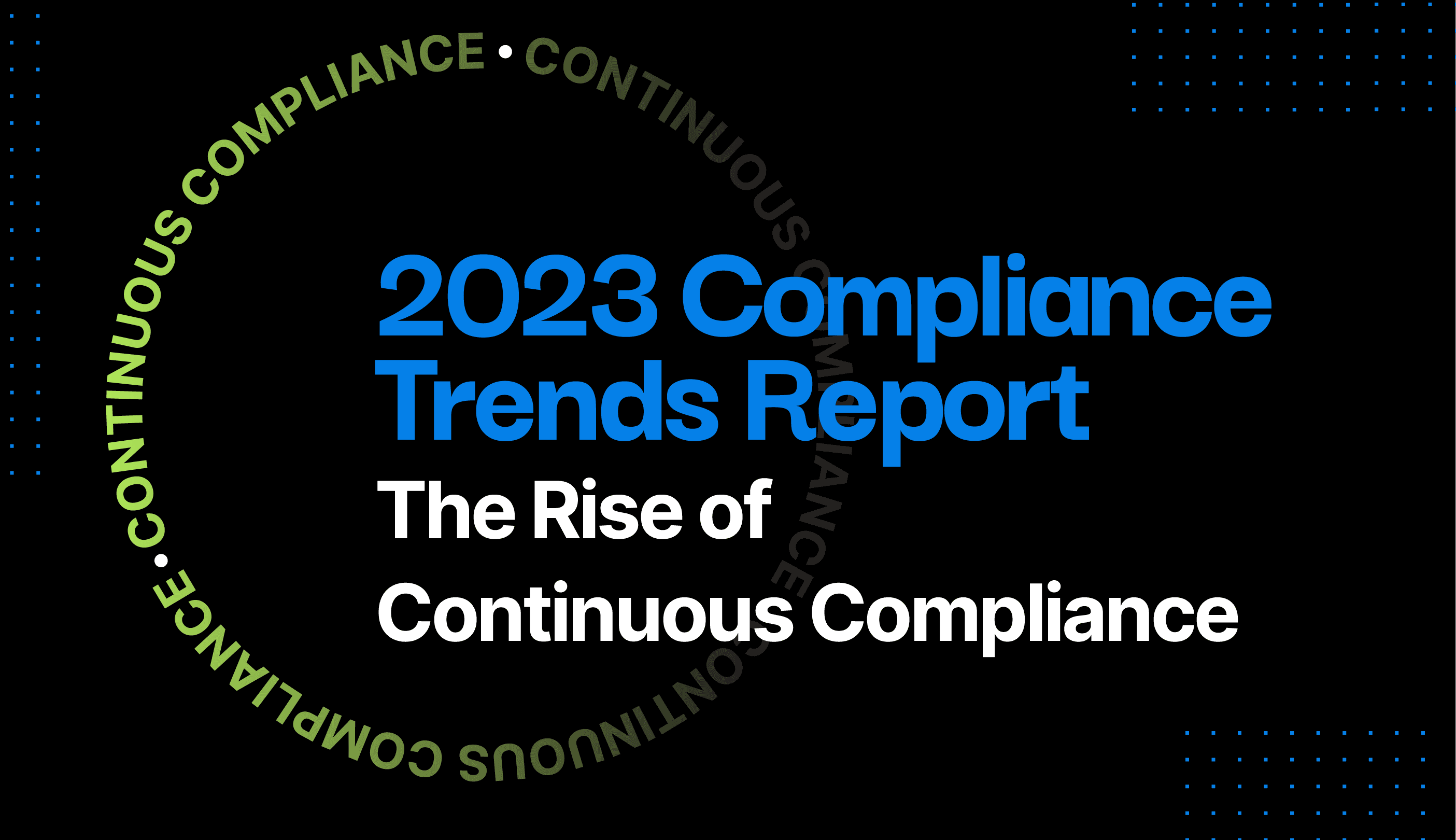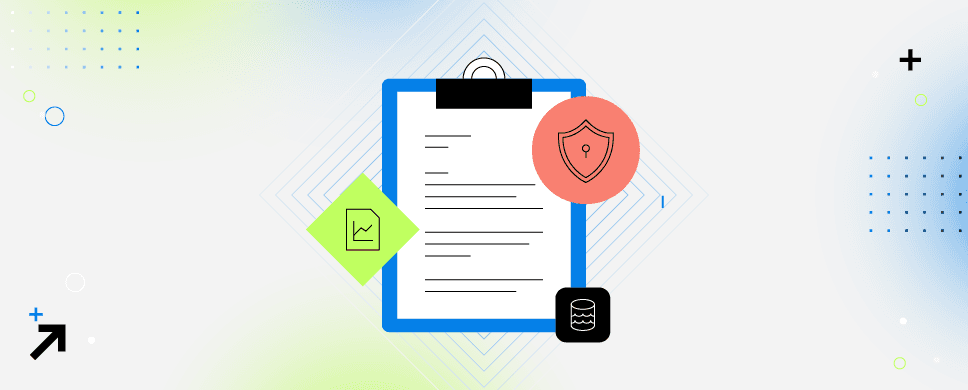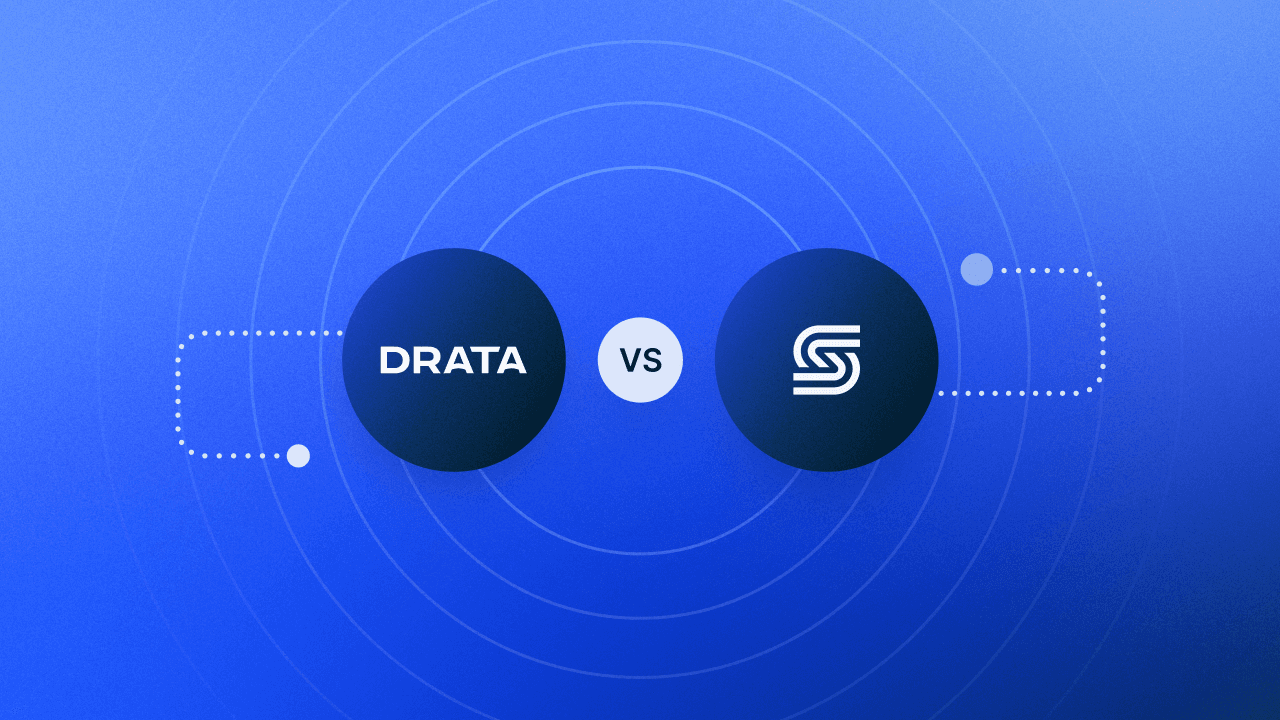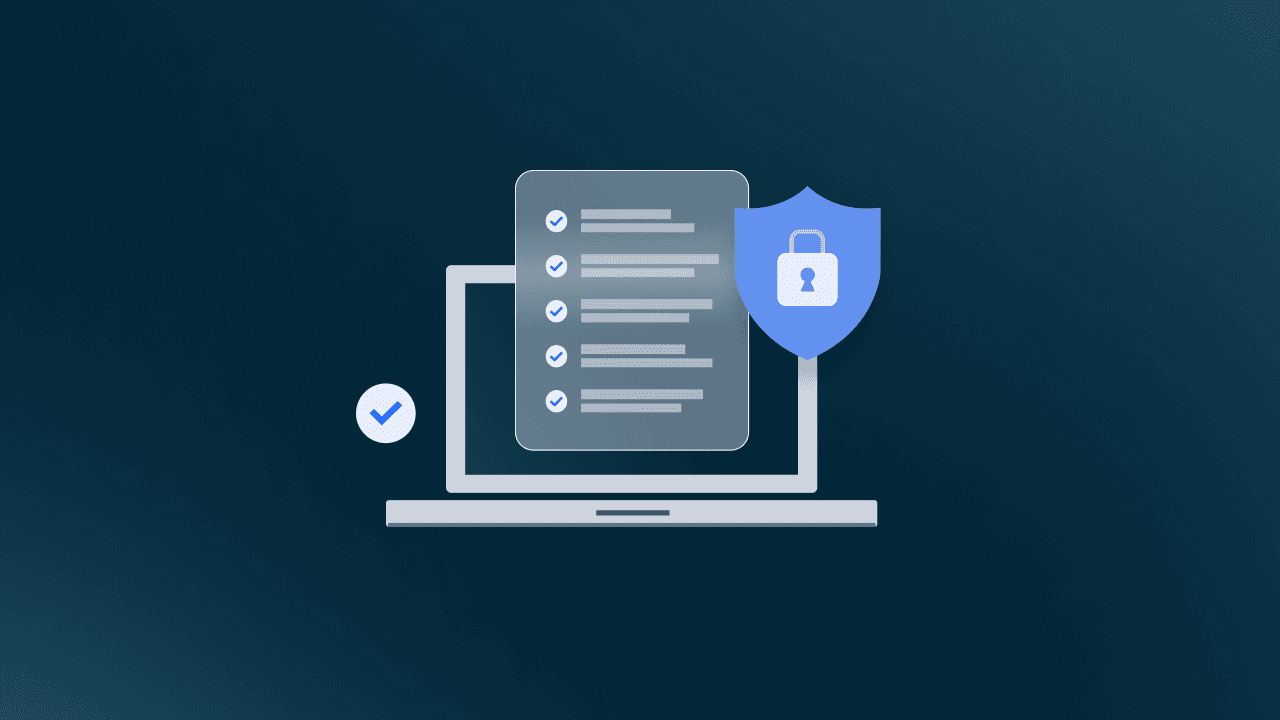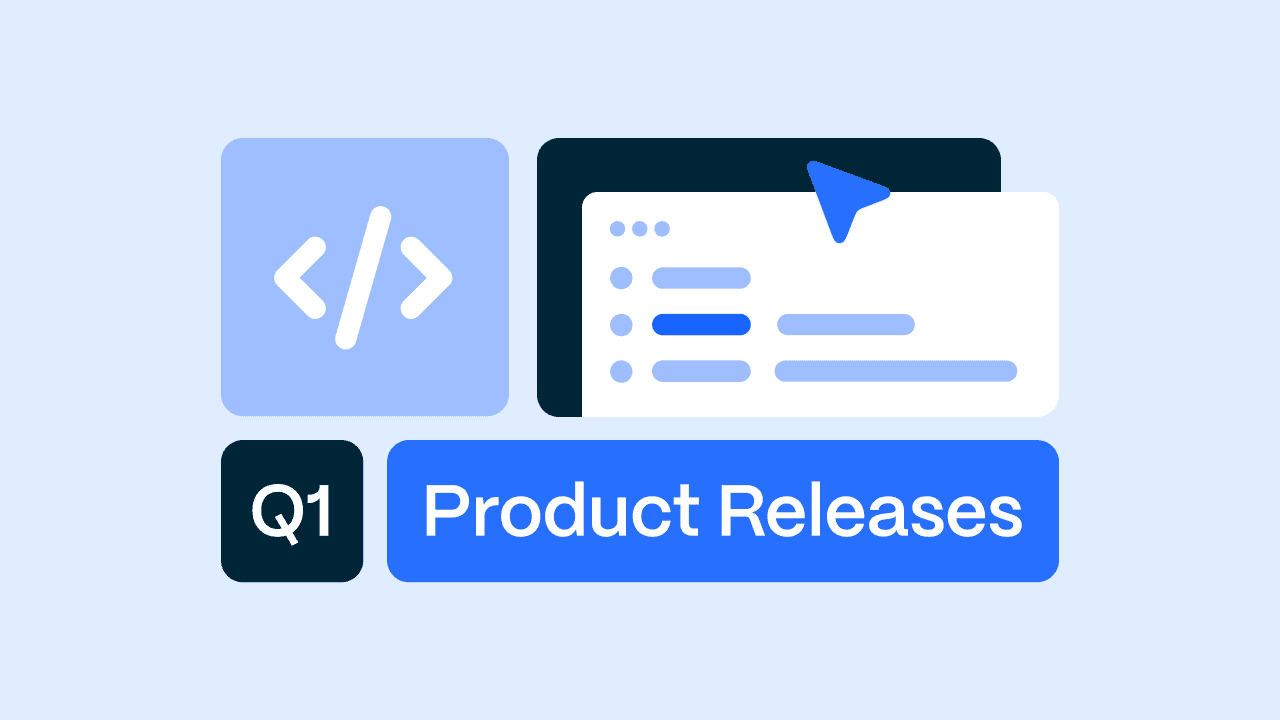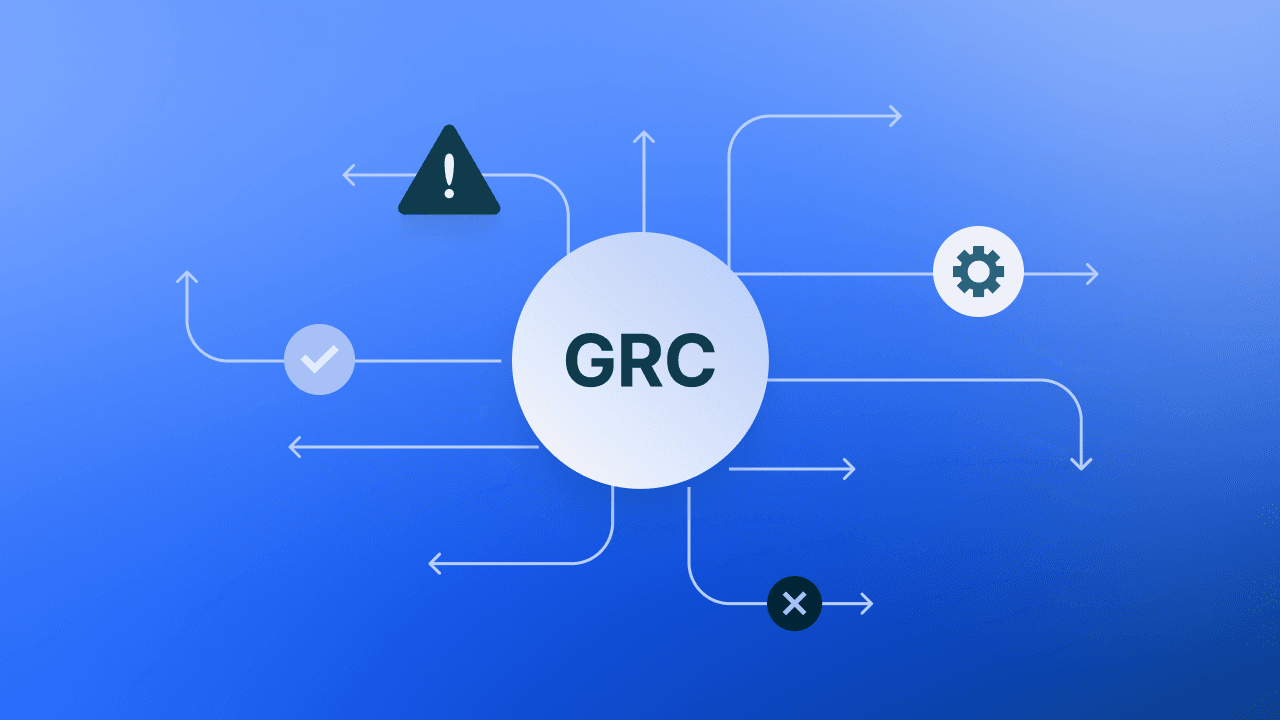IT Automation vs. Orchestration: What's the Difference?
Managing IT services efficiently is a challenge. Let's settle the debate and explore the differences between IT automation vs. orchestration and learn when to use these concepts.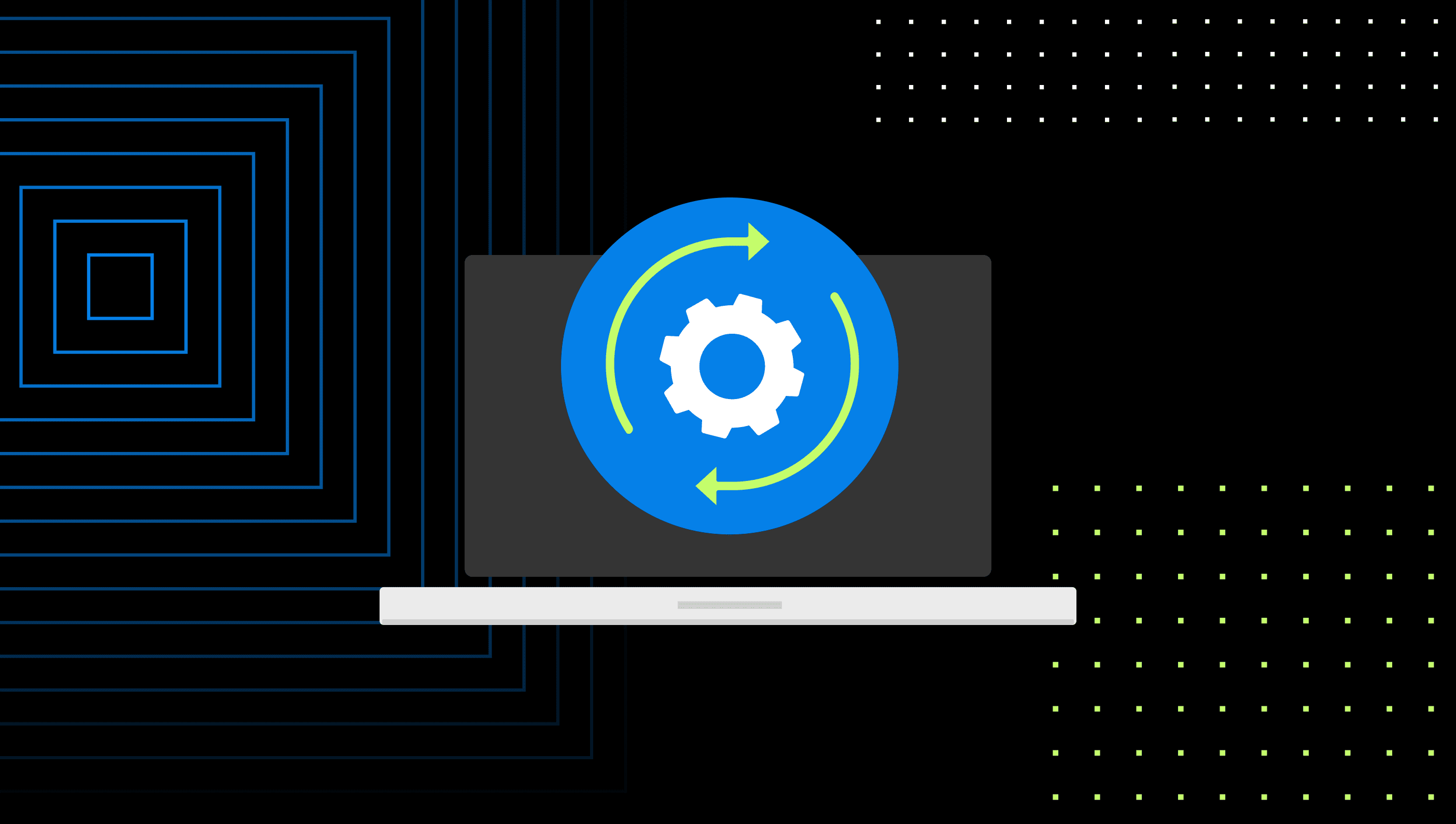
Managing and delivering IT services efficiently is a challenge, especially as organizations grow in size and complexity. That's where IT automation and orchestration come into play. These two technologies can help streamline IT operations, improve efficiency, and ensure consistent delivery of IT services. But what's the difference between the two? In this article, we'll explore what IT automation and orchestration are, their benefits, and when to use them. Let’s break down the IT automation vs. orchestration debate to help you implement these concepts in your organization.
What is IT Automation?
IT automation refers to the use of technology to automate tasks and processes that would otherwise be done by someone on your team. This includes everything from communication to security tasks. Today, the appeal of this automation is greater than it has ever been in the corporate world. One study shows that more than 30% of organizations have five or more departments that automate tasks.
The benefits of IT automation help transform the technological landscape of your organization into a well-oiled machine of efficiency and innovation. By automating routine tasks, teams can free up valuable time and resources to focus on higher-level projects. Automation also reduces the risk of human error, increases efficiency, and helps ensure consistency across a company’s IT infrastructure.
What is Orchestration?
Orchestration is about coordinating tasks and processes into workflows. Orchestration is the process of automating and managing the end-to-end flow of IT services, from initial requests to final delivery. This can include everything from provisioning new servers to deploying applications and monitoring performance.
The benefits of orchestration are similar to those of IT automation but they extend beyond simple task execution. They enable organizations to coordinate and manage complex workflows across multiple systems, tools, and teams. This improves efficiency and reduces the chance of errors on a larger scale.
3 Differences Between IT Automation and Orchestration
While IT automation and orchestration are often used together, they are not the same thing. Automation is a foundational technology that enables orchestration, but orchestration is a higher-level technology that builds on top of automation.
To more easily understand IT automation vs. orchestration, consider scope, complexity, and application.
1. Scope
Automation focuses on simplifying individual tasks or processes, often repetitive or time-consuming in nature. Orchestration, however, takes a broader approach to the entire workflow.
2. Complexity
IT automation deals with tasks that can be easily automated using scripts, tools, or software. These tasks are typically self-contained and do not require extensive coordination among different IT components. In contrast, orchestration deals with more intricate processes that may involve various interdependent tasks, diverse tools, and collaboration.
3. Application
IT automation’s primary purpose is to reduce manual effort. Orchestration is typically applied to situations where multiple automated tasks must be coordinated and managed in a cohesive manner. This may involve deploying applications, handling incident response efforts, or anything in between.
IT Automation vs. Orchestration: Where Do You Start?
Businesses usually start with automation and then implement orchestration because automation is a more straightforward and accessible concept. That’s because automation can take the time or stress out of specific tasks or processes within a business, without requiring a significant shift in the way things are done. There’s not a significant investment to make or disruption to existing workflows.
Once businesses have implemented automation, they may begin to realize the potential benefits of orchestration. Orchestration involves managing complex workflows and coordinating multiple teams and tools to achieve a common goal. It requires a more significant investment of time, resources, and organizational buy-in to implement effectively.
By starting with automation, businesses can build a foundation for more advanced DevOps practices such as orchestration. Automation helps establish a culture of continuous improvement and lays the groundwork for more complex workflows and toolchains.
Once businesses have mastered automation, they can begin to explore the benefits of orchestration and invest in more advanced tools and processes to get even better results.
When to Use IT Automation vs. Orchestration
While thinking through these ideas for your company, there’s another question that arises. If your organization is more mature and already has some processes streamlined, what do you implement? Knowing when to use IT automation vs. orchestration is critical to achieving maximum efficiency and effectiveness. In general, IT automation is best suited for routine, repetitive tasks that can be easily automated, such as software deployments, system updates, and backups. If you need more ideas, ask your team about the small time-consuming tasks they do each day.
Orchestration on the other hand, is best suited for complex, multi-step processes that require coordination across multiple systems and teams. This can include everything from provisioning new servers to deploying applications and managing incident response.
Understanding Automation and Orchestration in DevOps
Automation and orchestration are also important concepts in DevOps. That is, in part, because DevOps is all about streamlining the development process, eliminating bottlenecks, and improving efficiency. Automation and orchestration can be helpful when trying to achieve these goals.
DevOps automation involves using software tools to speed up repetitive and error-prone tasks. This includes everything from building and testing code to deploying applications to production. By automating these tasks, development teams can free up valuable time and resources to focus on more strategic activities, such as developing new features and improving user experience.
DevOps orchestration includes everything from planning and tracking work to managing the entire software development lifecycle. When orchestrating these workflows, development teams can ensure that everyone is on the same page, working towards the same goals, and that everything is running smoothly.
Want To Automate Your Journey to Security and Compliance?
As organizations continue to evolve, embracing these technologies will pave the way for robust and scalable IT infrastructure. The Drata team is here to help ensure your tech stack and personnel are in compliance with 24/7, continuous monitoring and automated evidence collection. Find out how you can build trust with your customers and scale securely with Drata. Book your demo now.
2023 Compliance Trends Report
Drata surveyed 300 established and enterprise organizations to tap the pulse of the state of risk and compliance. In doing so, we identified related trends, perceptions, and how compliance impacts the business. This year, the primary takeaway is that a mature compliance program will accelerate a business, not slow it down.
